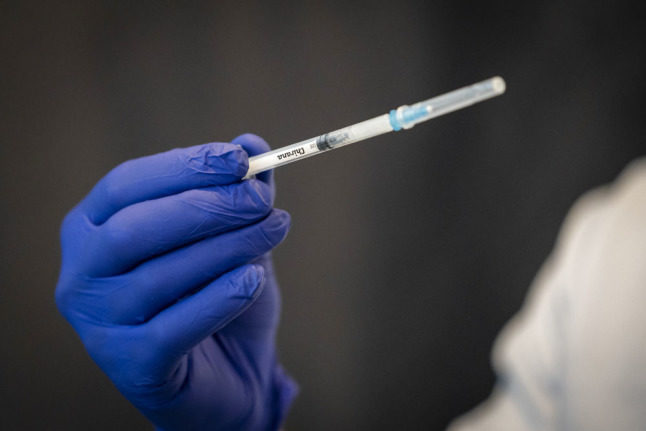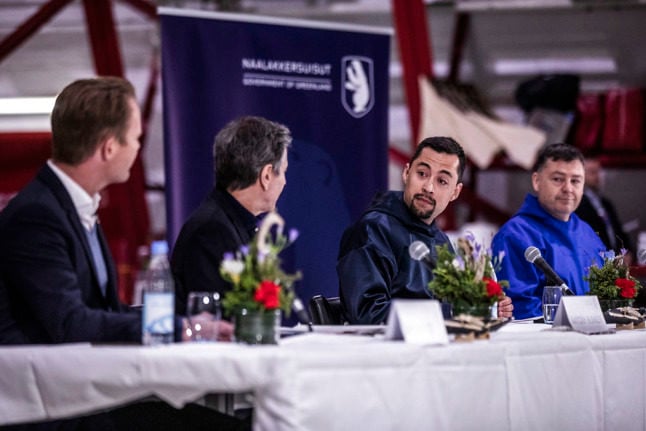That puts the current spread of the coronavirus in the country at its lowest level since June, the last time such a figure was recorded.
The R-number is a measure of the current state of the epidemic within a society. An R-number over 1.0 means 10 infected people will infected more than 10 others, meaning the epidemic will grow.
If the R-number is less than 1.0, the epidemic is receding.
The figure is calculated using infection numbers from around 10 days ago, meaning there is an inherent lag in the measure.
It is nevertheless a key factor used by authorities in assessments of the current status of the Covid-19 pandemic in Denmark.
“We can state there is a falling epidemic here at the start of September,” health minister Magnus Heunicke wrote on Twitter.
“It is evident that Denmark is in a very good position. The vaccines and good efforts by everyone in Denmark for a long time are the basis of us being so well set,” he added.
Kontakttallet er i dag beregnet til 0,7. Vi kan altså konstatere en faldende epidemi her i start september! Det vidner om, at Danmark står et virkelig godt sted. Vaccinerne og alle borgere i Danmarks store indsats gennem lang tid er grundlaget for, at vi står så godt. #COVID19dk pic.twitter.com/xdHRWlPG64
— Magnus Heunicke (@Heunicke) September 7, 2021
From September 10th, Covid-19 will no longer be classed as a “critical threat to society”. That means the government will lose the legal powers to impose bans on people gathering, demands for Covid-19 passes, and demands for face masks.
Instead, the coronavirus will continue to be rated an infectious disease which is “dangerous to public health”, giving the government and health authorities additional powers to test people and collect and share health data.
The beginning of September has also seen a falling trend in the number of daily cases recorded by health authorities.
The average of 932 cases per day registered in August has fallen to 625 so far in September.
On Tuesday, 451 new cases were registered from 43,694 PCR tests, giving a test positivity rate of 1.03 percent.
“It is positive that we are seeing this falling trend in infection numbers and for me it is clear evidence that the vaccines work,” Torben Mogensen, chairperson of lung disease charity Lungeforeningen, told news wire Ritzau.
“It’s therefore now a question of bringing the remaining (unvaccinated) people in so we get even better protection in society before the weather gets worse,” Mogensen added.
Around 75.5 percent of the population have received at least one dose of a Covid-19 vaccine in Denmark. 72.8 percent are fully vaccinated.
READ ALSO: Readers reveal: How do you feel about the lifting of Danish Covid-19 restrictions?



 Please whitelist us to continue reading.
Please whitelist us to continue reading.
Member comments